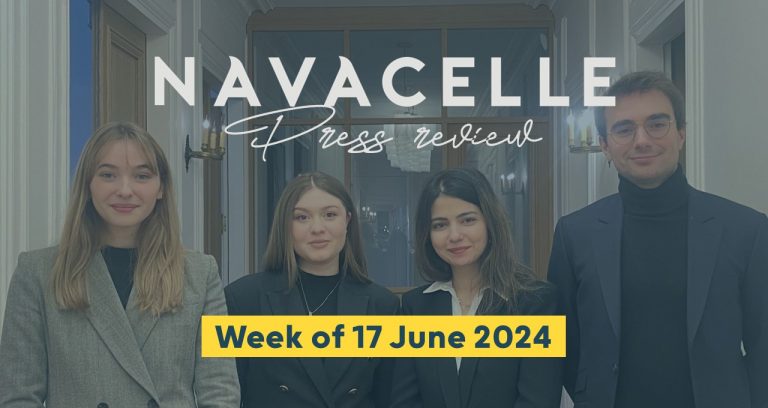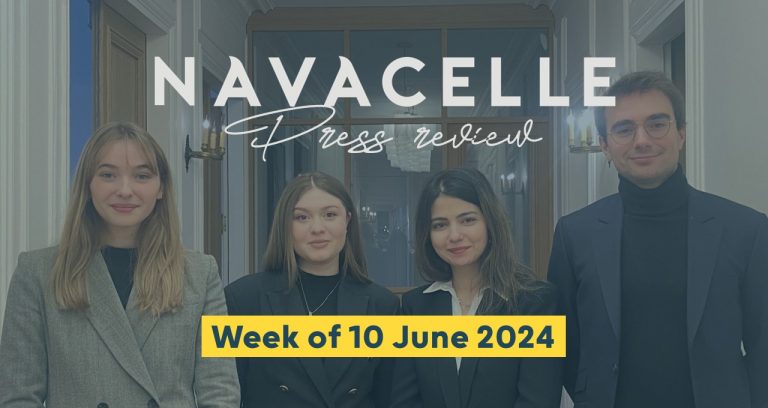France’s main anti-corruption enforcer took on fewer new cases in 2020 than the year before, a dip in activity most likely caused by the coronavirus.
Responding to a Freedom of Information request by GIR, France’s National Financial Prosecutor’s Office (PNF) said that it opened 735 new cases in 2020, down from 757 in 2079.
The PNF currently has 603 cases open in total as of 7 February, according to the agency’s own figures, covering three types of offences: market abuse, probity and damage to public finances.
The PNF defines probity cases as those centring on corruption, influence peddling and embezzlement, favouritism, illegal taking of public interest and electoral fraud.
lt said that it has 372 probity cases open, up from 294 at the end of 2079. Market abuse cases meanwhile went up from 42 to 46 over the same period, while damage to public finances cases, which include investigations into tax fraud and money laundering, went up by one to 245.
French lawyers said they noticed a dip in activity from the agency du ring the first few months of the coronavirus pandemic, but that things largely returned to normal by August 2020.
Thomas Baudesson at Clifford Chance in Paris said that the PNF managed well du ring the pandemic, which made certain investigative tasks like interviews and dawn raids more difficult.
Joydeep Sengupta at Mayer Brown in Paris said that the increase in probity cases may represent the PNF’s bigger appetite for pursuing corruption and tax fraud following its success in various recent high-profile matters linked to prominent multinationals.
The PNF’s efforts to punish corruption have been headlined by it leading the bribery investigation into aircraft manufacturer Airbus that resulted in a record breaking foreign bribery settlement. ln January 2020, the Company agreed to pay $4 billion to France, the UK and the US to resolve allegations of bribery offences a cross 16 countries. Other significant enforcement actions include the conviction of Swiss bank UBS in February 2019 for facilitating tax evasion. The bank, which is appealing against the decision, was ordered to pay a €3.7 billion fine. The PNF also signed a €500 million tax resolution with Google’s European arm in September 2019.
The cases contributed to the agency winning GIR’s enforcement agency of the year award in October.
Among the PNF’s biggest current cases are a tax evasion investigation into the French arm of JPMorgan, which has not commented publicly on the matter, and a corruption probe focused on French engineering company Alstom and the sale of its energy division to US energy company General Electric. The company denies wrong doing.
The PNF began operations in 2014 and significantly boosted its activity after it was granted the power to offer companies judicial public interest agreements, France’s answer to a deferred prosecution agreement, under the sweeping Sapin Il anti-corruption law in 2017.
Commenting on the agency’s performance over the past two years, Julie Zorrilla at Navacelle in Paris said: “the PNF has in effect matured into a coherent, consistent body, building on acting principles open to discussion with lawyers, yet still demanding“.











